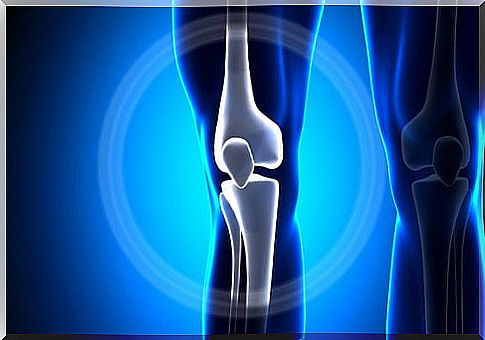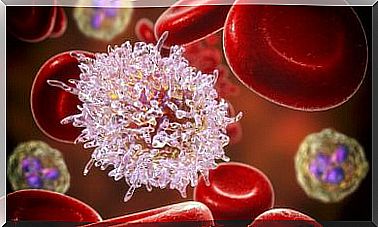What To Do With Calcium Deficiency?
Calcium deficiency occurs when the body does not have adequate amounts of this element, it is a very important mineral for general health, the health of bones, teeth and an adequate and normal heart rate being more important.
This mineral is also very important for muscle contractions, also for nervous function and hormones, and for the regulation and control of blood pressure.
Can a lack of calcium cause symptoms?
Generally, the symptoms of a lack of calcium can vary from person to person and, depending, in addition, on the degree of deficiency that one has, the factors or causes that trigger it also come into play.
Symptoms of calcium deficiency are seldom present at the beginning of its development, since generally these are noticeable when there is weakness of the bones and fractures occur in them.
The symptoms can be so imperceptible that they go unnoticed in most cases and it takes years before they are noticed, it is even very common that, when symptoms are noticed, there is already advanced osteoporosis.
But what, specifically, is osteoporosis? It is a disease that causes a decrease in bone density. The bones are becoming more and more porous, with more cavities and more fragile. It can be caused by some drugs, alcohol, inflammatory diseases, etc .; but there is also a natural loss of bone mass with age.
The problem with this disease is that it usually does not show symptoms until fractures appear. The most common is that it comes to light with a hip fracture, for example. In these cases, osteoporosis is usually very advanced, so prevention is essential.
Some symptoms are …
- Severe pain in the neck and back, which in most cases is very serious due to the fractures that occur in the spine.
- Bone pain or bone tenderness.
- Serious fractures that can occur with even a very slight blow.
- Loss of height, the person looks smaller and smaller.
- Stooped posture, abnormal curvature of the spine is present.
Treatment for calcium deficiency

The most appropriate treatments in this case are, primarily, to replace the body’s calcium stores in different ways. Of course, always under the supervision of a doctor and supplementation with drugs, as supported by the latest research.
- The first thing to do when knowing that we have calcium deficiencies is to increase the consumption of foods rich in calcium, such as leafy vegetables, beans, nuts, shellfish, orange juice, among others.
- The change of some medications that may be associated with the progressive loss of calcium, such as diuretics. ( This has to be consulted with the specialist, you should never do it of your own free will).
- Perform a program of gentle exercises that are not too strenuous.
- Consume calcium supplements, you can also include vitamin D and phosphorus.
- A medical opinion must be sought in order to consume any kind of supplement. Likewise, you should never self-medicate, as this can bring very serious complications to your health in general.









